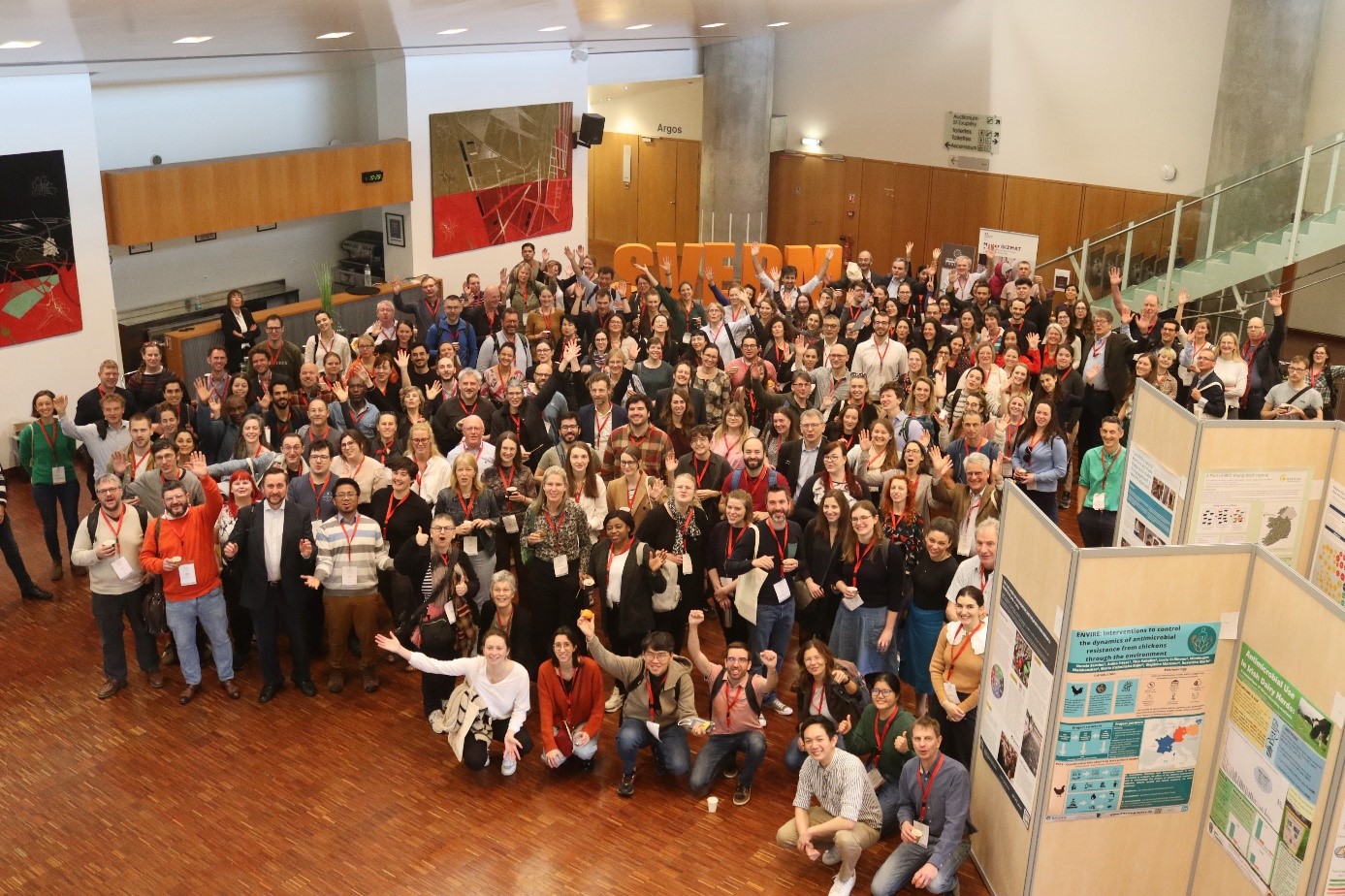Agroecology Reading time 2 min
Toulouse, center of European veterinary epidemiology
Published on 13 April 2023

The Society for Veterinary Epidemiology and Preventive Medicine (SVEPM) is proud to have organized its most important scientific event since its foundation in 1982 on March 22-24, 2023.
With the objective of sharing new knowledge and ideas, initiating collaborations, and fostering exchanges between scientists, this conference addressed broad fields such as predictive health approaches, the interface between animal health, public health and ecosystem health, and the link between research and risk management.
Dr. Marius Gilbert, Vice-Director of Research at Université Libre de Bruxelles, opened this European conference. He shared his experience of the close links between science, communication and decision support, notably through his experience as advisor to the Belgian government during the COVID-19 pandemic.
The next two days were devoted to 20 selected oral presentations, out of 84 submitted abstracts, in a long format of about 30 minutes. A quarter of these presentations were given by French research laboratories. Dr. François Roger (CIRAD, Montpellier) closed the conference with a presentation on the contribution of epidemiology to development in the Global South.
In addition to these oral presentations, 100 scientific posters were presented to broaden the illustrations of the thematic fields of veterinary epidemiology.

Congratulations to the IHAP laboratory's animal health decision epidemiology team led by Timothée Vergne, the new SVEPM junior vice-president! See you from March 20 - 22, 2024 for the next edition in Uppsala, Sweden.
